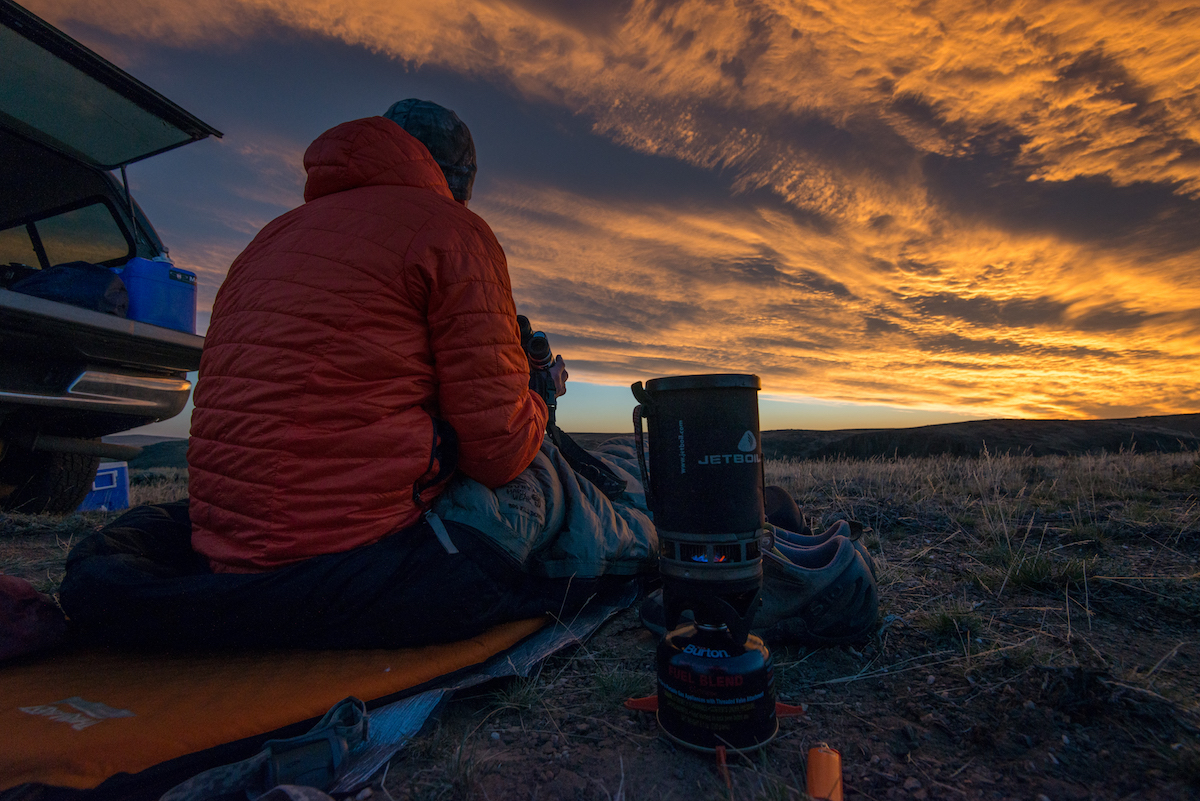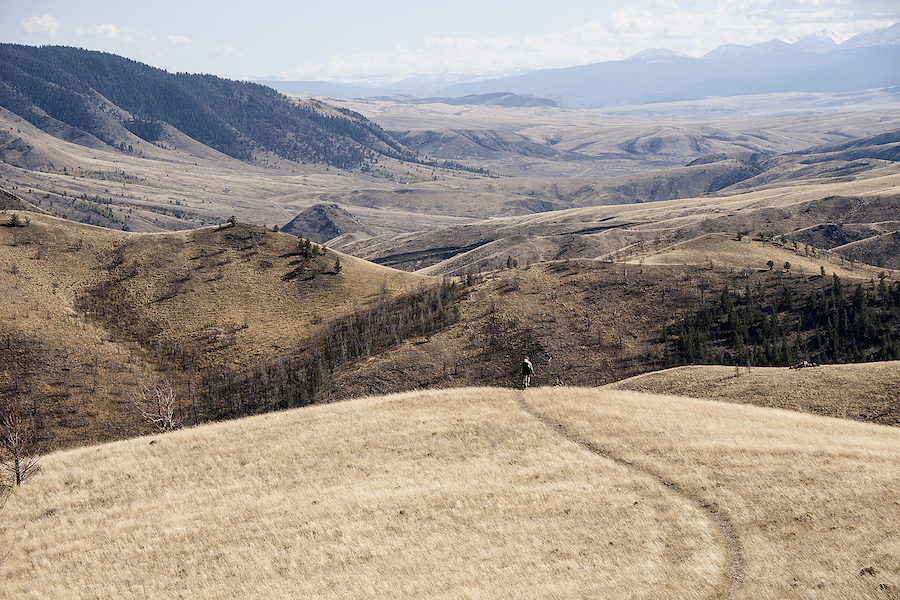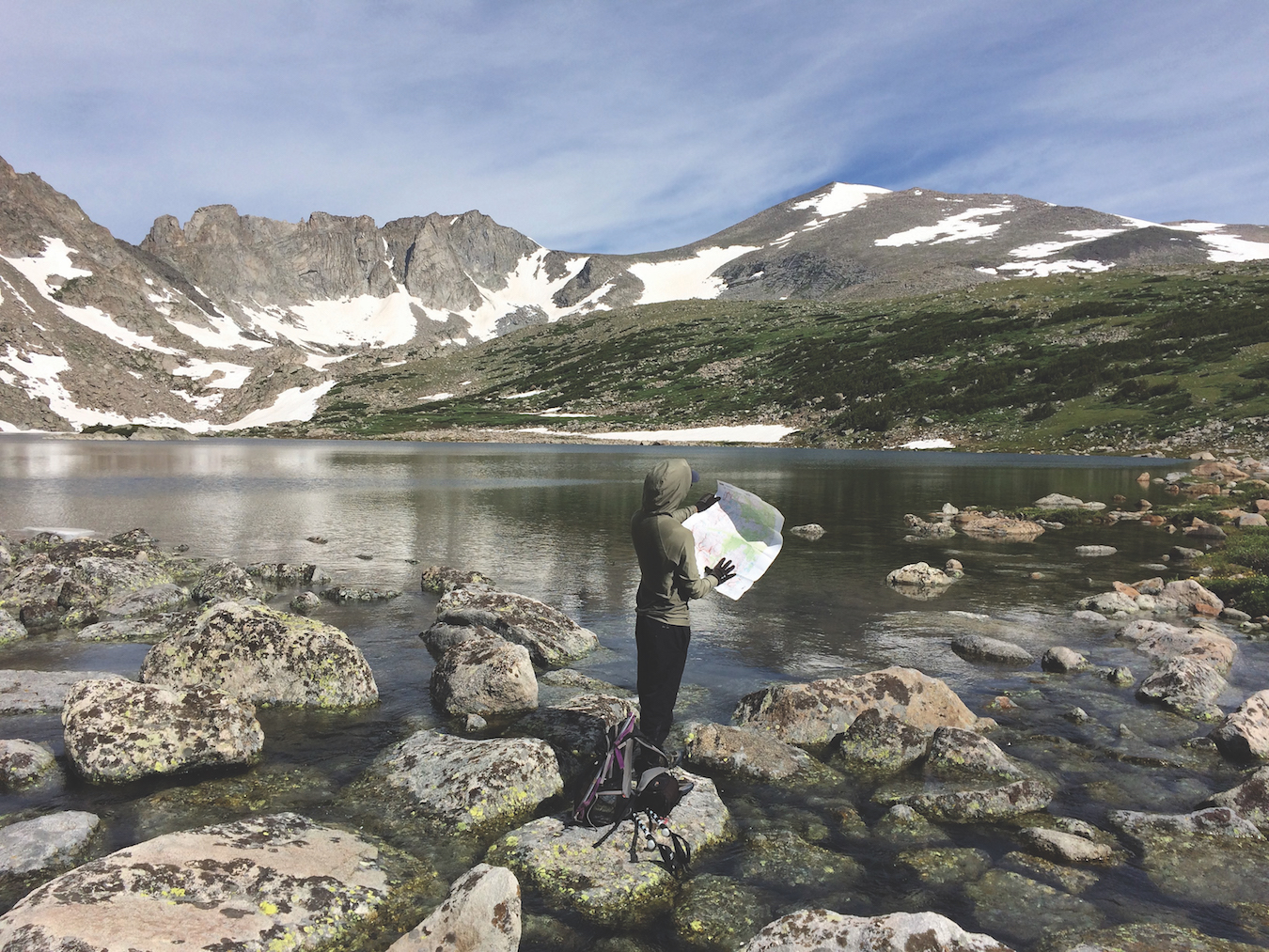Over the past couple of months, my partner and I have made some pivotal life decisions. Like many millennials, we face daunting pressures to get advanced degrees (and burden ourselves with enormous amounts of debt), chase high-paying jobs, move to the big city, and save up for our first house in the midst of a difficult financial market. We were succumbing to these pressures, but it didn’t align with the vision we had for ourselves. Where was the small farm with a greenhouse, chickens, and goats? Where was the deer salami and smoked trout hanging in the cellar? Where was the small-town community of support where everyone looks out for you? Instead of “paying our dues” in a lifestyle we could hardly recognize for ourselves, we screeched on the brakes. We decided to start with where we know we want to live and go from there. The place that kept calling to us was Wyoming.
I loved growing up in Wyoming, but only in returning as an adult can I truly say I appreciate what this state has to offer. With its wide open spaces, down-to-earth people, unparalleled quality of life, and relative affordability, I look forward to making Wyoming my permanent home and raising a family here. That being said, even this state is not perfect, and as citizens, we need to be engaged in the change we want to see.
The Wyoming I want to see is connected, unified, and strong. Living in such a dispersed state can make us feel isolated — not only physically, but socially and personally — in our ability to express our concerns and make our voices heard. By creating stronger state-wide networks, we can empower those who do not have a voice. Whether it’s students who want to speak out about climate change in the face of opposition or farmers who want to adopt sustainable practices and sell locally but lack the collective buying power and marketing influence to do so, by coming together under one voice Wyomingites become stronger.
My Wyoming is also forward-looking while still holding on to our rich heritage and traditions. Being a fifth-generation Wyomingite, I treasure the history of my ancestors. It is important to celebrate their accomplishments and recognize their struggles — after all, they helped form who I am today. However, with my knowledge of climate change, I cannot help but think into the future.
We need a Wyoming that prepares communities to cope with the effects of climate change while simultaneously readying them to lead in a new, diversified economy. States, cities, and businesses across the U.S. are mitigating their impact on climate change by looking for ways to offset their carbon footprint. Wyoming should seize the opportunity to become a leader in this market by incentivizing renewable energy production, teaching ranchers about carbon-sequestering rangeland management practices, and encouraging methane capture in landfills — to name only a few examples of the enormous potential.
This flurry of new business and industry would bring in more state revenue sources and help inspire an ever more mission-oriented younger generation to remain here in Wyoming. If we only hold on to our past without acknowledging our future, we will lose our chance to adapt to the harsh realities facing our society.
We, here in America, are privileged to have the freedom of choice. The choice of the career we pursue, the lifestyle we live, and the place we call home. I choose Wyoming with all its wonders and its shortcomings. If we choose to come together and focus on our future, Wyoming will thrive for years to come.
Kara’s professional background is in climate change and sustainable business practices yet her experience as a farm hand and Nordic ski instructor also speak to her passions. Having moved back to the place she loves, Kara is looking forward to starting a small farm and producing many of the goods her family and friends have come to enjoy.




